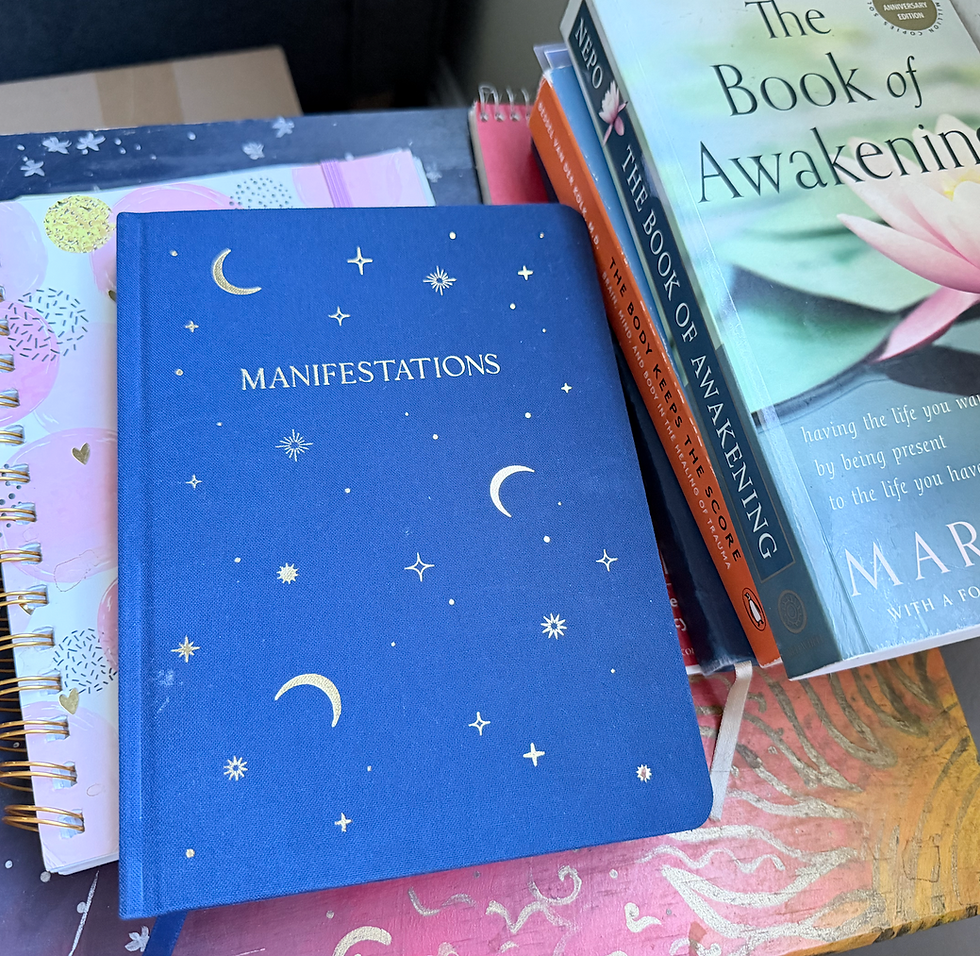Play Your Way to Happiness
- Jeanette Miura

- Dec 8, 2021
- 3 min read

Do you wake up feeling happy and eager, or do you crawl to the coffee maker every morning? How often do you experience life in autopilot following the same routines moving through the usual path? Getting stuck just happens. It’s what we unfortunately call “normal”.
Autopilot isn’t always a bad thing. Some mornings we just aren’t our best selves and routines help us keep going. If your critical thinking prefrontal cortex is hijacked by your routine obsessed, mid brain every single day, then it’s time to make some changes. When the balance between self and others completely bends to “others” making every day about everyone else but you, then life will never be fulfilling. Being aware that an imbalance exists and that you require "fun" is the start of creating a life worth living.
Most of us have bought into the idea that “successful” adults don’t play. They are serious, hardworking, go-getters. They spend their time figuring out how to improve their careers and make tons of money to provide for their families. Free time or down time is a rare luxury and we usually connect frivolous recreation with those we consider "lazy". Fun doesn’t pay the bills!
In stark contrast, children have no cares in the world other than having fun and playing. In children we encourage play and even schedule play dates and time during their school hours for play. We encourage kids to go outside and run around the neighborhood before coming in for dinner. We applaud their imagination. We encourage them to build and create. So why do we force adults to abandon play when it was something as children we considered vital for healthy development?
The Squid Game, which captured the attention of 132 million people on the planet, used an extreme, violent example of adults forgetting the value of play. In these games, adults were playing for money and those who lost were killed. In the end the main antagonist, the creator of the game, reveals that both the poor and rich have one thing in common, they are unable to derive joy from buying and acquiring. He longs for the days when he was a child and was able to simply play and have fun.
Standing where you are today, how much fun are you having? When was the last time you played? When was the last time you did something recreational for no purpose other than to have fun? Do you feel guilty when you choose to play over completing work or some household task that needs to be done?
If you haven’t played in a long time, then you’re among the majority of American adults or you’re a “normal” adult. According to Pew Research Organization, only 25% of adults participate in play. Their definition of play is, “engage in activity for enjoyment and recreation rather than a serious or practical purpose.”
According to the article, The Benefits of Play for Adults by Lawrence Robinson, Melinda Smith, M.A., Jeanne Segal, Ph.D., and Jennifer Shubin, these are the benefits of play:
Relieve stress. Play is fun and can trigger the release of endorphins, the body’s natural feel-good chemicals. Endorphins promote an overall sense of well-being and can even temporarily relieve pain.
Improve brain function. Playing chess, completing puzzles, or pursuing other fun activities that challenge the brain can help prevent memory problems and improve brain function. The social interaction of playing with family and friends can also help ward off stress and depression.
Stimulate the mind and boost creativity. Young children often learn best when they are playing—a principle that applies to adults, as well. You’ll learn a new task better when it’s fun and you’re in a relaxed and playful mood. Play can also stimulate your imagination, helping you adapt and solve problems.
Improve relationships and your connection to others. Sharing laughter and fun can foster empathy, compassion, trust, and intimacy with others. Play doesn’t have to include a specific activity; it can also be a state of mind. Developing a playful nature can help you loosen up in stressful situations, break the ice with strangers, make new friends, and form new business relationships.
Keep you feeling young and energetic. In the words of George Bernard Shaw, “We don’t stop playing because we grow old; we grow old because we stop playing.” Play can boost your energy and vitality and even improve your resistance to disease, helping you function at your best.
Your challenge today is to find one completely useless, “play” activity to engage in. It doesn’t have to require a lot of time. Just pick one fun thing to do and see how you feel. I will make a video of the fun thing I plan on doing later so y’all can laugh at me or with me. We’ll see how it goes!
Happy playing everyone!




Comments